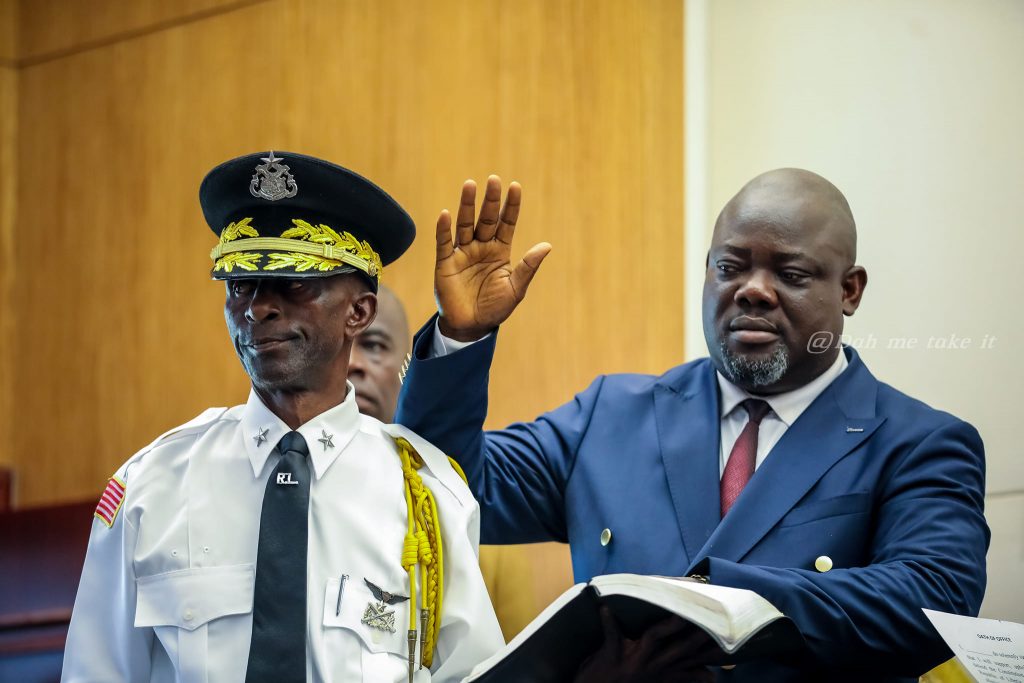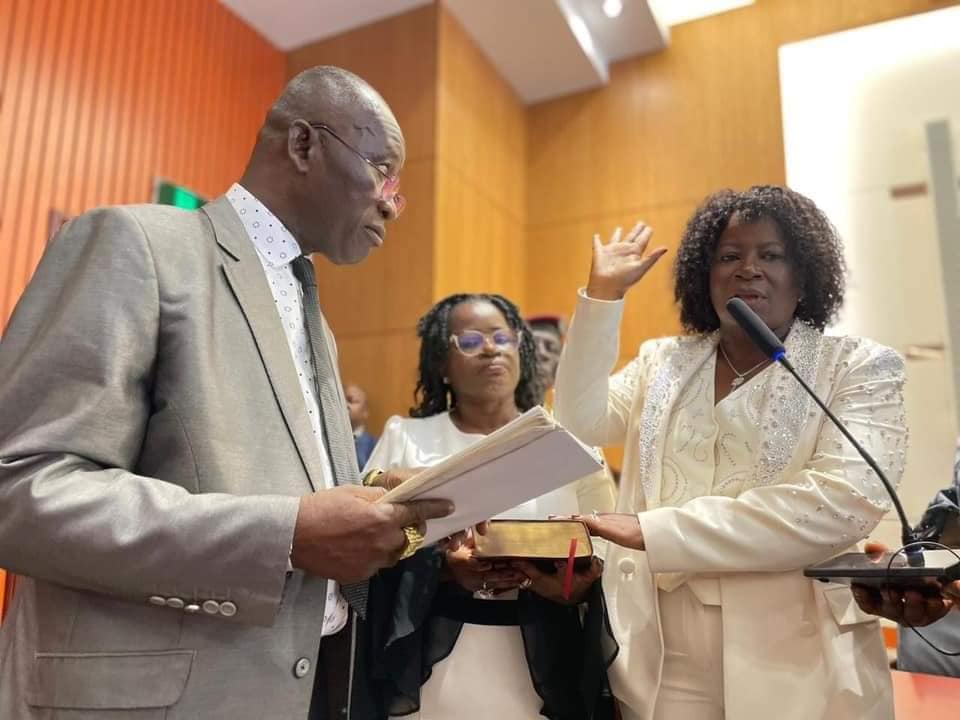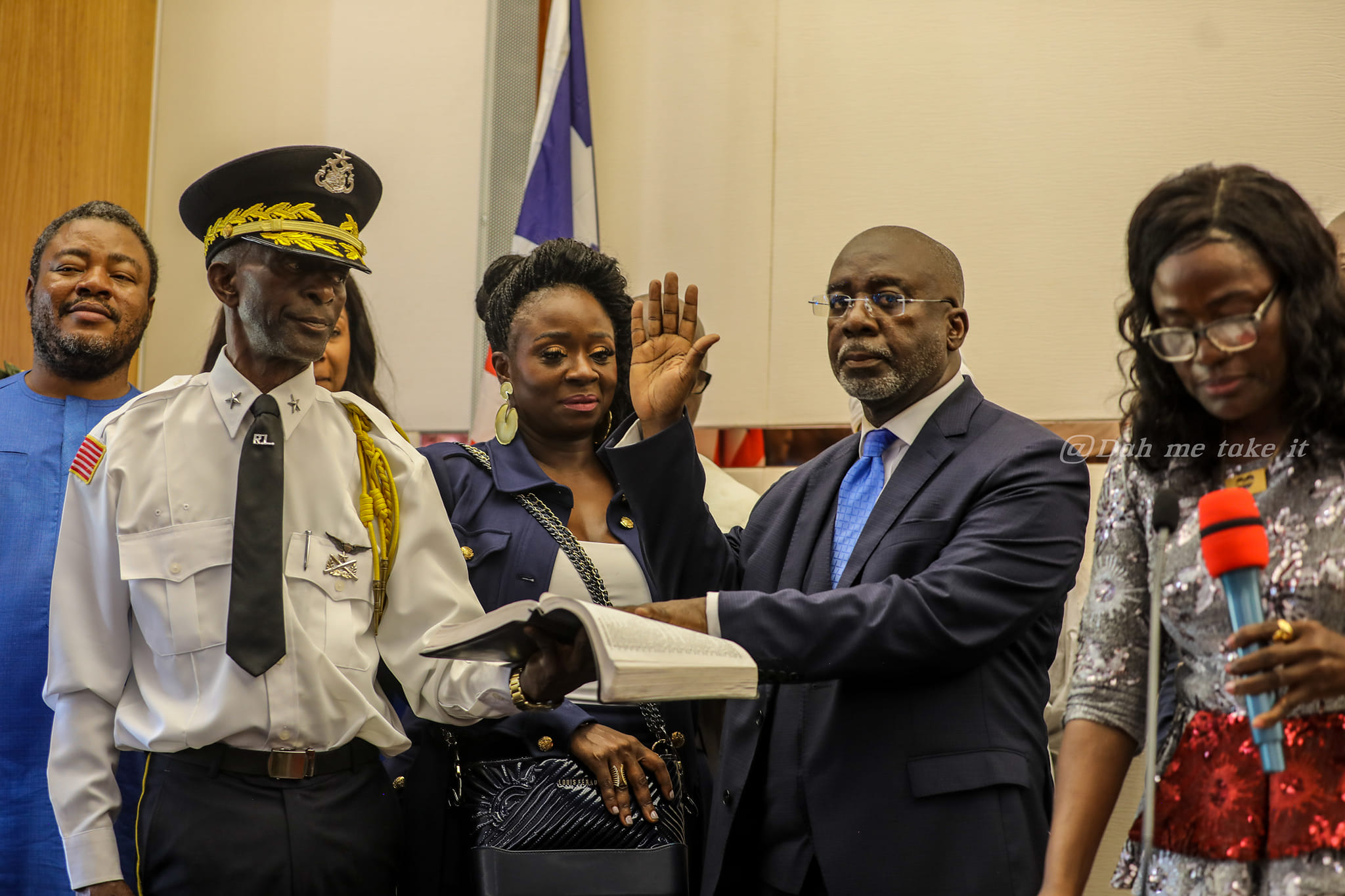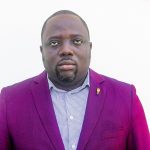With the election of new legislators, Liberia’s political climate has dramatically changed.
House of Representative
Cllr. J. Fonati Koffa, the 54th Legislature’s Deputy Speaker, received 36 of 67 votes in the House of Representatives, designating him as the head of the 55th Legislature’s Lower House. The fight for the coveted Speaker post was hotly contested, with Representative Richard Nagbe Koon, the candidate supported by the Unity Party, trailing behind with 31 votes.
After winning, Speaker Koffa pledged to take another look at issues that the 54th Legislature had not yet addressed, especially those related to war and economic crimes. He stressed that he was committed to working with the incoming Boakai-Koung administration to create a program that puts the needs of the Liberian people first.
Representative Thomas Fallah, a CDC Representative from Lofa County District 1, defeated Musa Hassan Bility from Nimba County District 7 in the most recent Deputy Speaker elections of Liberia’s 55th Legislature. With 42 votes, Fallah demonstrated a decisive majority. This win is noteworthy because it shows that the CDC will continue to have sway over the Liberian government. Fallah’s victory over Bility is evidence of his political savvy and the confidence his colleagues in the assembly have in him.

Senate
On a white ballot, Senator Nyonblee Karnga Lawrence, supported by the Unity Party, won the Senate’s President Pro-Tempore office. Pro-Tempore Karnga Lawrence urged senators to disclose their assets as soon as they assumed office to encourage transparency and accountability in government.

The variety that separates political power between the lower and upper houses is believed to be reflected in the choice of the new leadership. In addition to having the majority of MPs in the House, the departing party, the Coalition for Democratic Change (CDC), also won the Speaker and Deputy Speaker roles.
These elections represent a critical turning point in Liberia’s political history and pave the way for the nation’s upcoming period of legislative activity.
The Liberian Legislature’s Historicity Since July 26, 1847
Liberia, which was created by freed American slaves, has declared its independence from the United States. The Republic of Liberia was established as a unitary state by the settlers through the promulgation of a constitution based on the American constitution. Following the inaugural elections in the new country, Joseph Jenkins Roberts, the former governor of the Liberian colony, was chosen to serve as Liberia’s first president.
The interior tribes were conquered by the minority Americo-Liberians, who controlled the new administration. One of the three parts of government, the legislature is bicameral, with the Senate serving as the upper house and the House of Representatives as the lower house. There are 73 seats in the House of Representatives, and the number of representatives each county receives is determined by its population. There are 30 senators in the Senate, and two are chosen by popular vote to represent each county.
Growth and Stability (1871–1980)
Despite pervasive corruption, Liberia’s political system remained relatively stable from the country’s creation in 1847 until the First Republic’s dissolution in 1980. According to Article III of the Liberian Constitution, which states that all three parts of government must be equal and work together in accordance with the principle of checks and balances, the Legislature of Liberia is one of the three branches of government.
The Modern Period, 1980–Present
With the 1980 uprising against the Americo-Liberians and their True Whig Party, the landscape underwent a dramatic shift. No party controls the majority of the legislature at the moment. The variety that separates political power between the lower and upper houses is said to be reflected in the choice of the new leadership.
Liberia’s legislative history demonstrates the nation’s tenacity and dedication to democratic values in the face of many obstacles. It keeps altering and adapting to Liberia’s shifting political climate.
Photos Credit: Varney Shakeh Kamara
Liberian-born Emmanuel Orlind Cooper is an accomplished multimedia journalist with extensive experience covering news and stories on a variety of media platforms. Orlind's work frequently demonstrates his profound grasp of the region and its complexity, given his Liberian heritage.
Now residing in Woodbridge, Virginia, he keeps connecting with readers across continents with his perceptive journalism and sharing his viewpoint. He is well-respected in the sector because of his unwavering commitment to honesty and morality, which sets him apart in the field.
Orlind's work is more than simply his job; it's a dedication to giving voice to the voiceless, illuminating unsung tales, and advancing the worldwide conversation on important concerns. His goal as a journalist is to use the media's power to change the world, not just to disseminate information. He is a key player in modern journalism because of the inspiration, education, and engagement that his work consistently provides.


